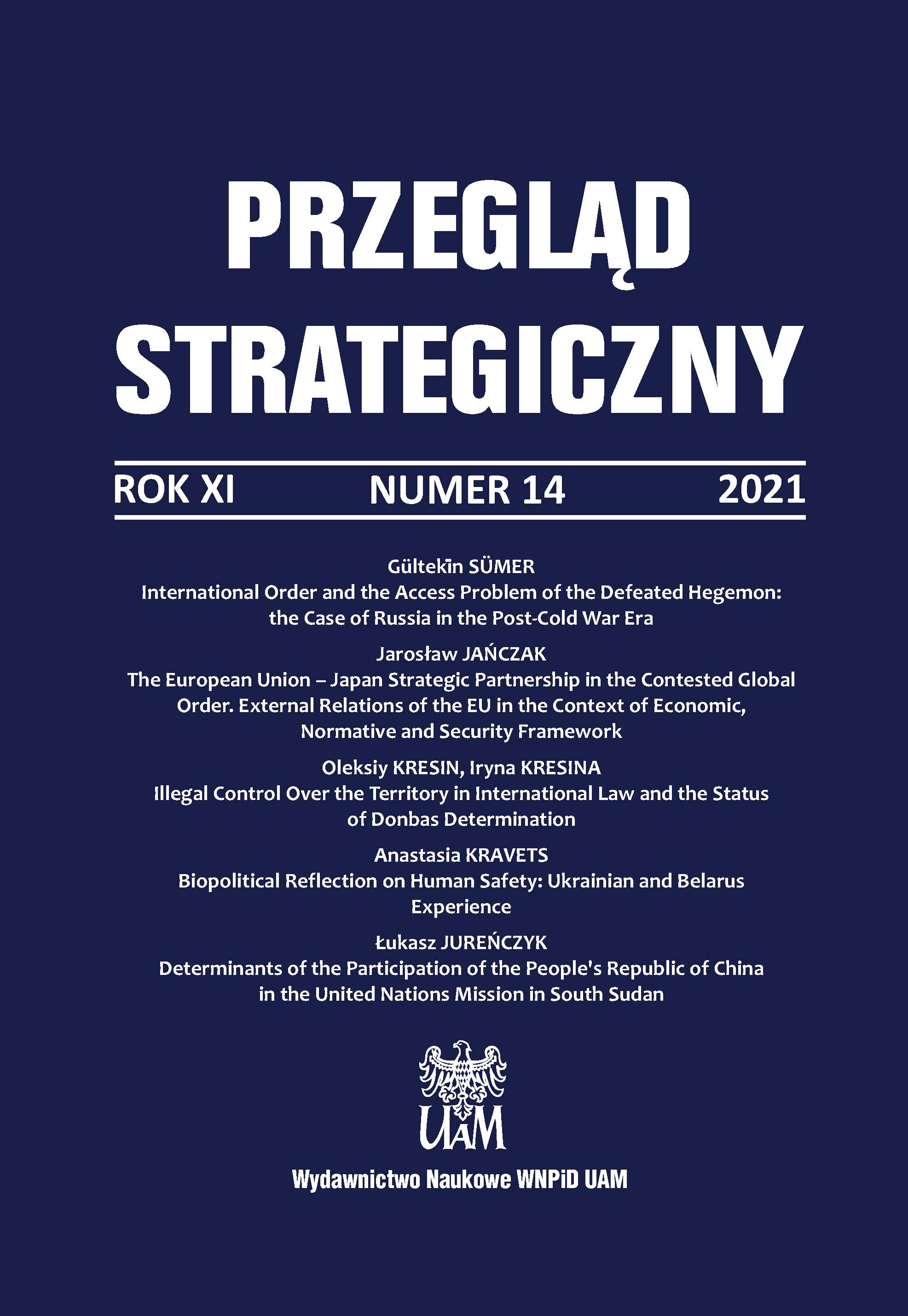Edward Azar’s Protracted Social Conflict Theory and Drivers of Self-Determination: the Case of Nigeria
Edward Azar’s Protracted Social Conflict Theory and Drivers of Self-Determination: the Case of Nigeria
Author(s): Najimdeen BakareSubject(s): Politics / Political Sciences
Published by: Uniwersytet Adama Mickiewicza
Keywords: Edward Azar’s Protracted Social Conflict Theory; self-determination; communal identity; deprivation of communal needs; governance quality and state
Summary/Abstract: Soon after attaining independence on October 1, 1960, the newly created nation-state – Nigeria had to wrestle with post-independent political realities. These combined with the legacies of colonial rule, and the prevalence of ethno-religious politics, led the country into civil war in 1967. Since 1960, Nigeria has experimented with different forms of government and achieved some degree of economic growth but is still plagued by the agitation of self-determination in the form of secessionist campaigns, be it the Biafra or the Oduduwa and Movement for the Emancipation of the Niger Delta (MEND). To place the discussion in perspective, the paper reviews the existing literature on the subject and also discusses Edward Azar’s protracted social conflict (PSC) theory as the theoretical base. Upon laying the theoretical foundation, the paper situates and evaluates the agitation for self-determination in Nigeria in the light of PSC. Lastly, the paper concludes that instead of seeking self-determination or territorial disintegration, the polity of Nigeria should historically revert to the practice of congenial and connected regionalism.
Journal: Przegląd Strategiczny
- Issue Year: XI/2021
- Issue No: 14
- Page Range: 313-328
- Page Count: 16
- Language: English

